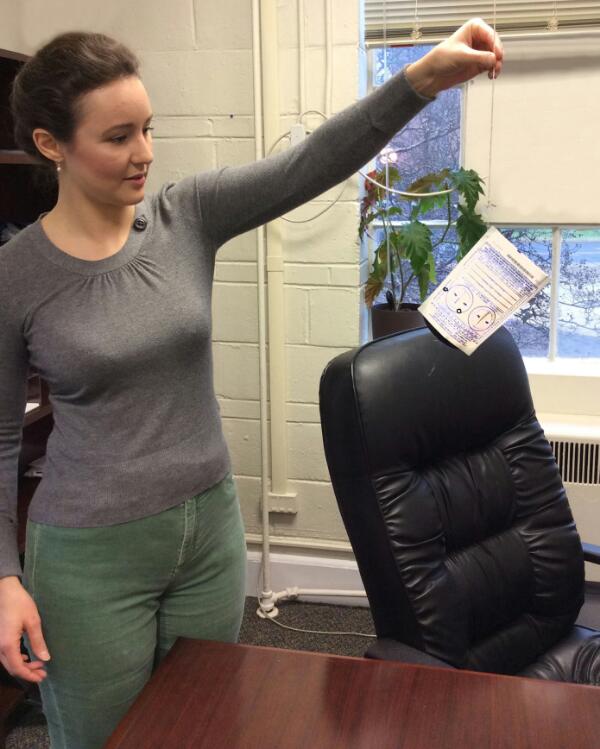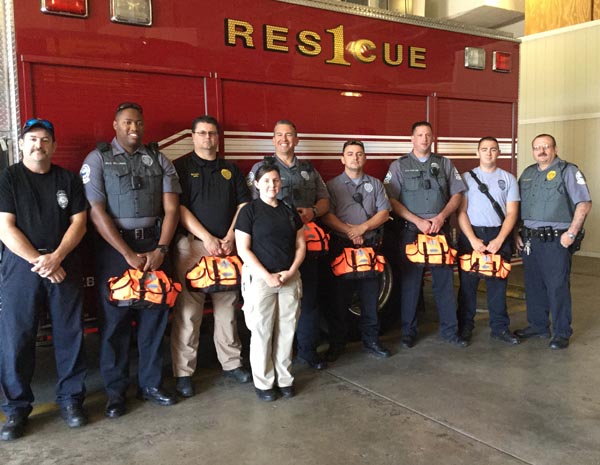
 By Pamela Turner
By Pamela Turner
University of Georgia
Your home may be filled with an invisible radioactive gas called radon.
Radon is a naturally occurring gas that comes from the decay of uranium found in most rocks and soil and ranks as the second-leading cause of lung cancer and is the leading cause of lung cancer among non-smokers.
The only way to know the radon level in your home is to test with a radon kit. The kits are available from University of Georgia Extension and can be ordered at www.ugaradon.org or by calling your county Extension office at 1-800-ASK-UGA1.
Radon kills approximately 22,000 people every year and 822 a year in Georgia alone, making Georgia the No. 1 state in the southeast for radon-induced lung cancer. Every year, more deaths in the U.S. are caused by radon gas than by drunk driving accidents.
Because of the danger of radon exposure, the U.S. Environmental Protection Agency has designated January as National Radon Action Month.
The air pressure inside your home is typically lower than the pressure in the soil around your home’s foundation, causing your house to act like a vacuum and draw the radon in through foundation cracks or other openings.
On average, 1 in 15 homes will test at, or above, the acceptable level of radon gas, which is 4.0 picocuries per liter (4 pCi/L).
Because radon is heavier than air, radon levels in the home are highest at ground level. Babies, young children and pets are at a higher risk since they are closer to the ground.
Testing should be done at the lowest livable area of your home, and the test kit should be placed at the shortest person’s breathing level.
Radon testing should be done every two years, even with a radon reduction system in place, to ensure safety.
If test results come back at or above 4 pCi/L, radon mitigation is necessary. If the test results are between 2 and 4 pCi/L, there is still enough risk of excess exposure that radon mitigation is recommended.
Eliminating radon in your home is relatively simple. Radon mitigation companies can reduce radon levels by up to 99 percent.
Go to www.ugaradon.org for a list of certified mitigators in your area.




Be the first to comment